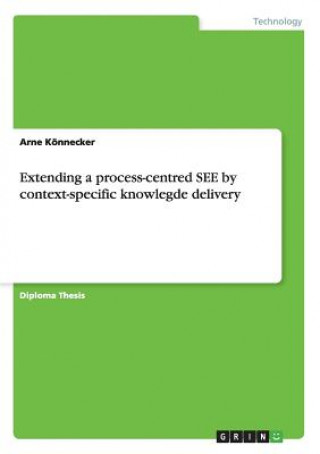
Kód: 01608919
Extending a process-centred SEE by context-specific knowlegde delivery
Autor Arne Könnecker
Diploma Thesis from the year 2000 in the subject Computer Science - Software, grade: sehr gut, University of Kaiserslautern (Department of Computer Science - Artificial Intelligence / Knowledge Based Systems Group), 30 entries in ... celý popis
- Jazyk:
 Angličtina
Angličtina - Vazba: Brožovaná
- Počet stran: 116
Nakladatelství: Grin Publishing, 2008
- Více informací o knize

Mohlo by se vám také líbit
-

Conditions for Global Cooperation - Carbon Pricing
1084 Kč -
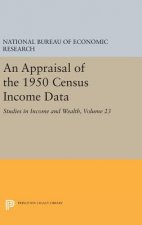
Appraisal of the 1950 Census Income Data, Volume 23
6183 Kč -

Poetry of Victorian Scientists
3514 Kč -

Spirituality in Dark Places
1681 Kč -

Summer House
282 Kč -

Literature, Ecology, Ethics
969 Kč -

Sarbanes-Oxley Act und die Wirkung auf die IT
2250 Kč
Darujte tuto knihu ještě dnes
- Objednejte knihu a zvolte Zaslat jako dárek.
- Obratem obdržíte darovací poukaz na knihu, který můžete ihned předat obdarovanému.
- Knihu zašleme na adresu obdarovaného, o nic se nestaráte.
Více informací o knize Extending a process-centred SEE by context-specific knowlegde delivery
Nákupem získáte 196 bodů
 Anotace knihy
Anotace knihy
Diploma Thesis from the year 2000 in the subject Computer Science - Software, grade: sehr gut, University of Kaiserslautern (Department of Computer Science - Artificial Intelligence / Knowledge Based Systems Group), 30 entries in the bibliography, language: English, abstract: Process-centred software engineering environments (PSEE) [Garg96] are acknowledged tools to help in planning, managing and executing today s software projects. Their support is mainly focused on the coordination of the different activities within a project following a defined development process, i.e. focused on project coordination. That is why the support for the individual participating agent in performing tasks (which have been assigned to him) is mainly restricted to provide access to input products for a task and to tools to create defined output products.Main tasks for a software project are the creation of a project plan and the enactment of this project plan in order to deliver certain software products. Planning and enactment tasks require access to multiple information related to the current project context. If no direct access can be supported, e.g., in the form of defined input products for a task, agents are confronted with issues to identify and find suitable information. This information can be distributed, heterogeneous, unstable (i.e. being prone to changes), hard to find, and the retrieval task can disturb the current workflow as it is commonly not a defined part of the development workflow. Even if suitable information does exist agents are not always aware of the existence and where to find it. The big issue of reusing experience [Basili91] in form of documented descriptions becomes obsolete if agents do not know that they exist and how to integrate it.Another main stream which has been adopted from the field of artificial intelligence to the field of software development is knowledge management (KM) [Wiig93]. Different concepts in software development use its foundations to build knowledge bases like organisational memories (OM) [Ungson91], experience factories (EF) with experience bases (EB) [Basili94], case-based reasoning systems (CBR) [Althoff98] and derive concepts for learning software organisations (LSO). They encompass mechanisms which help to capture and make information and knowledge accessible and (re)usable. [...]
 Parametry knihy
Parametry knihy
Zařazení knihy Knihy v angličtině Computing & information technology Business applications
1958 Kč
- Plný název: Extending a process-centred SEE by context-specific knowlegde delivery
- Autor: Arne Könnecker
- Jazyk:
 Angličtina
Angličtina - Vazba: Brožovaná
- Počet stran: 116
- EAN: 9783638934343
- ISBN: 3638934349
- ID: 01608919
- Nakladatelství: Grin Publishing
- Hmotnost: 159 g
- Rozměry: 210 × 148 × 7 mm
- Datum vydání: 21. April 2008
Oblíbené z jiného soudku
-

Code Complete
1084 Kč -

Blender For Dummies
813 Kč -

Pathfinder RPG Bestiary 3 Pocket Edition (P2)
590 Kč -
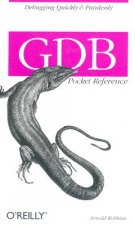
GDB Pocket Reference
393 Kč -

NetSuite For Dummies
545 Kč -

Great ScrumMaster, The
908 Kč -
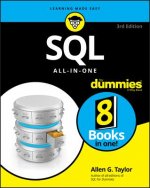
SQL All-in-One For Dummies, 3rd Edition
715 Kč -
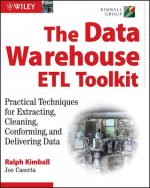
Data Warehouse ETL Toolkit - Practical Techniques for Extracting, Cleaning, Conforming and Delivering Data
1169 Kč -

CompTIA Network+ Study Guide: Exam N10-008 5e
1302 Kč -

CCNA Cyber Ops SECFND #210-250 Official Cert Guide
1229 Kč -

Excel VBA
479 Kč -

Adobe Photoshop CC For Dummies
739 Kč -

123s of D&d (Dungeons & Dragons Children's Book)
436 Kč -

BIG Book of Animal Crossing
305 Kč -
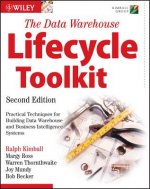
Data Warehouse Lifecycle Toolkit 2e
1285 Kč -

MOS 2016 Study Guide for Microsoft Word
774 Kč -

Salesforce.com For Dummies, 7th Edition
643 Kč -

CompTIA Security+ SY0-501 Exam Cram
1028 Kč -
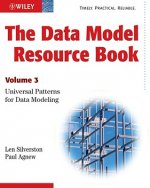
Data Model Resource Book - Universal Patterns for Data Modeling V3
2229 Kč -

Animated Storytelling
772 Kč -
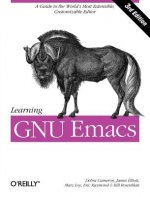
Learning GNU Emacs 3e
847 Kč -

Complete Book of Pokemon
814 Kč -

Mastering AutoCAD 2021 and AutoCAD LT 2021
1347 Kč -
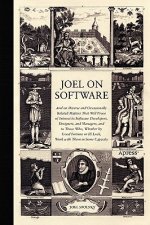
Joel on Software
866 Kč -
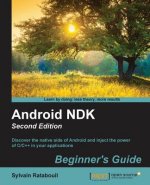
Android NDK: Beginner's Guide -
1564 Kč -
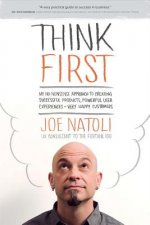
Think First
500 Kč -

LaTeX Beginner's Guide
1208 Kč -
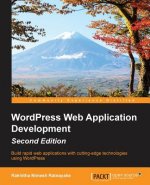
WordPress Web Application Development -
1564 Kč -

MCSA 70-740 Cert Guide
1323 Kč -

Crystal Reports XI: The Complete Reference
1997 Kč -

Complete Guide to OneNote
1036 Kč -
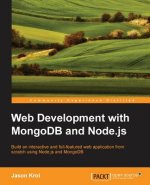
Web Development with MongoDB and Node.js
1398 Kč -

OneNote
322 Kč -

CompTIA Project+ Cert Guide
1336 Kč -
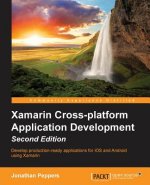
Xamarin Cross-platform Application Development -
1287 Kč -
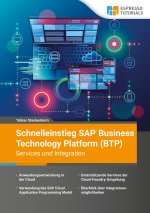
Schnelleinstieg SAP Business Technology Platform (BTP) - Services und Integration
749 Kč -

Xamarin Mobile Application Development for Android -
1564 Kč -

Manager's Guide to Data Warehousing
1703 Kč -

Scheduling in Distributed Computing Environment Using Dynamic Load Balancing
3241 Kč -

CompTIA PenTest+ PT0-001 Cert Guide
1466 Kč -

'TWAS
515 Kč -
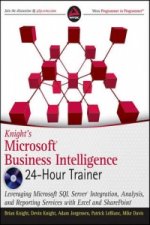
Knight's Microsoft Business Intelligence 24-Hour Trainer
1097 Kč -

Ultimate Playstation Games Collection
615 Kč -

Microsoft Dynamics 365 Business Central Cookbook
1398 Kč -

MUTANT EPOCH RPG
780 Kč -

Bitcoin For Dummies
538 Kč -
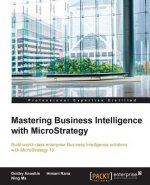
Mastering Business Intelligence with MicroStrategy
1869 Kč -

PITFORD GATEWAY TO THE RUINS
700 Kč -

MALL OF DOOM
488 Kč
Osobní odběr Praha, Brno a 12903 dalších
Copyright ©2008-24 nejlevnejsi-knihy.cz Všechna práva vyhrazenaSoukromíCookies



 Vrácení do měsíce
Vrácení do měsíce 571 999 099 (8-15.30h)
571 999 099 (8-15.30h)